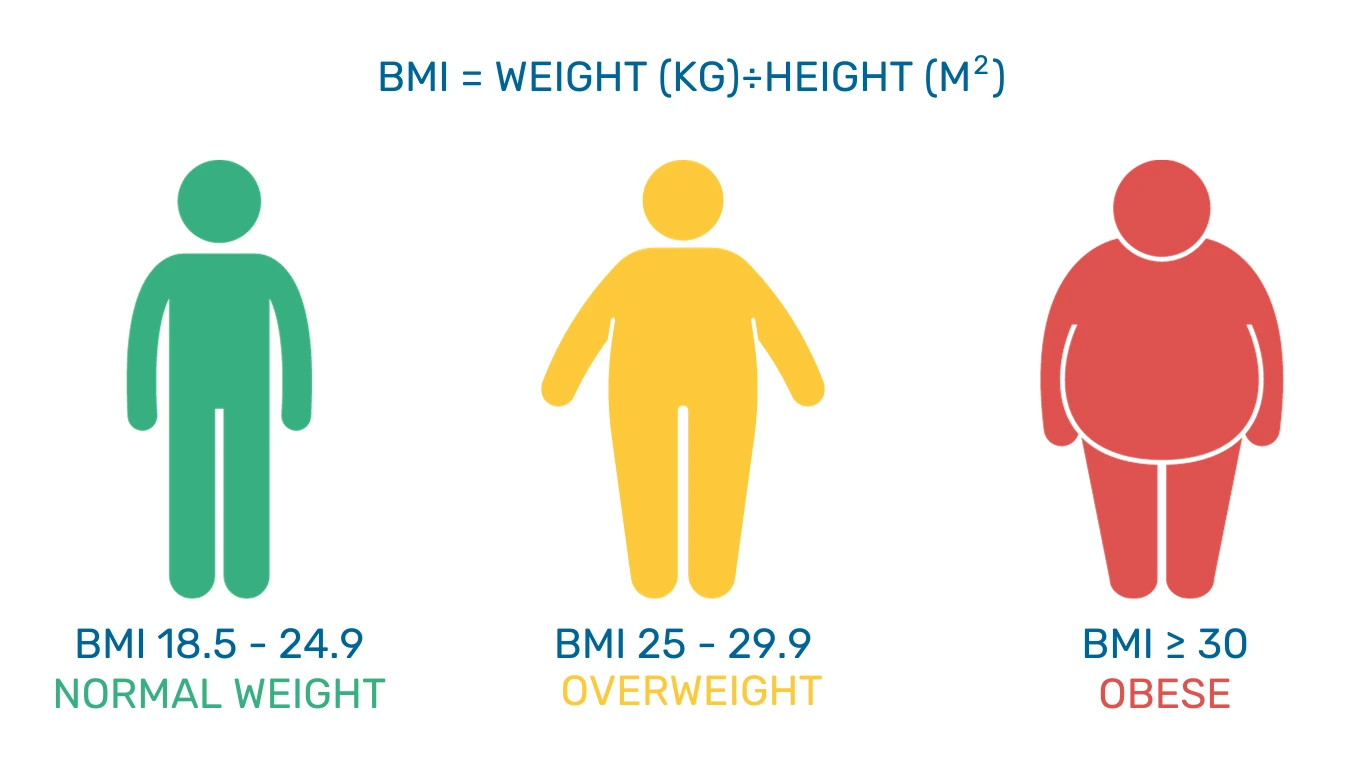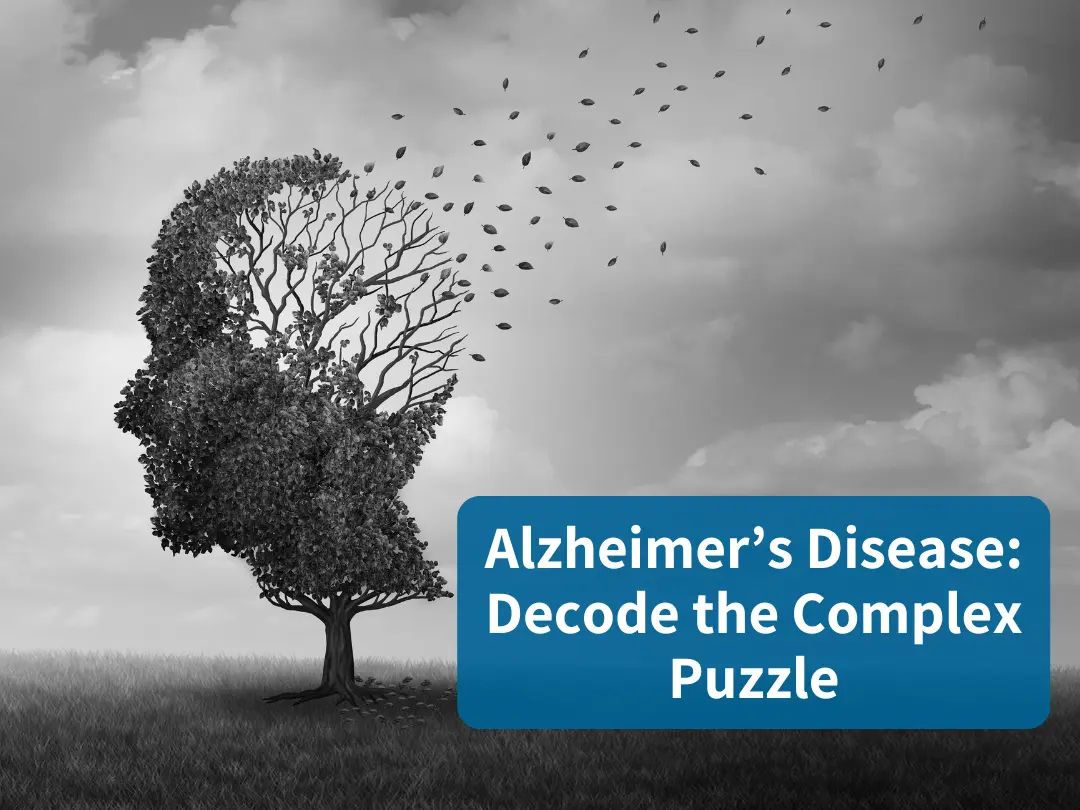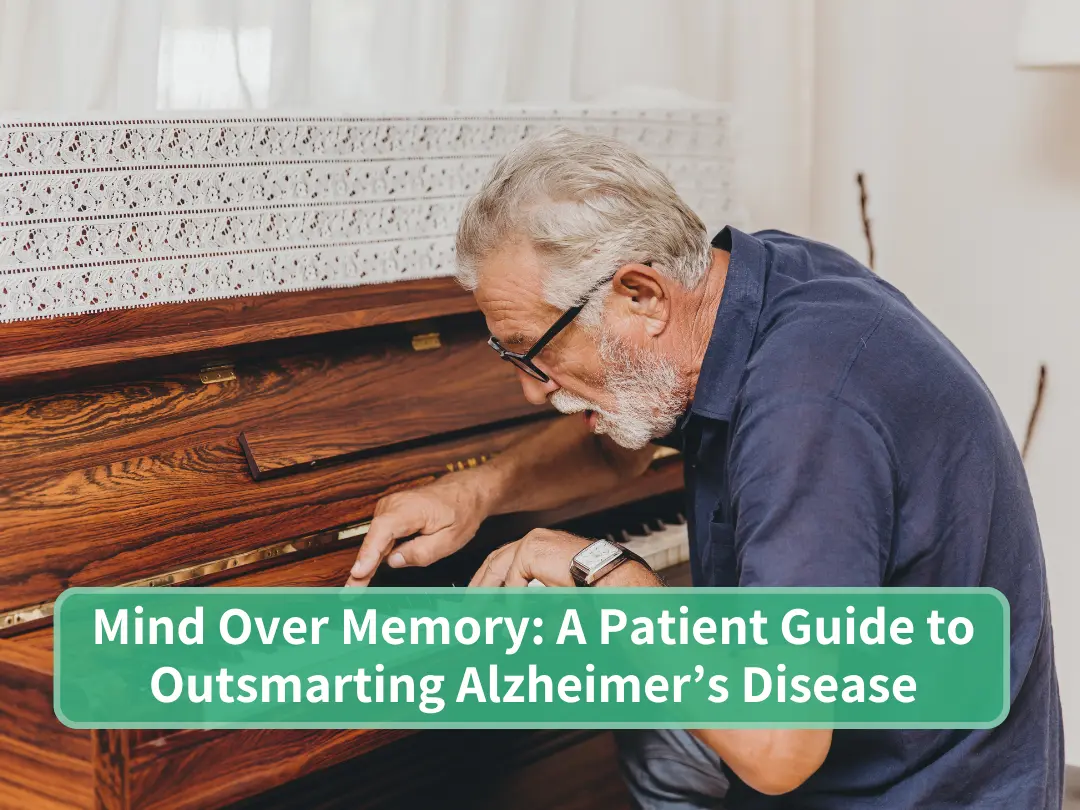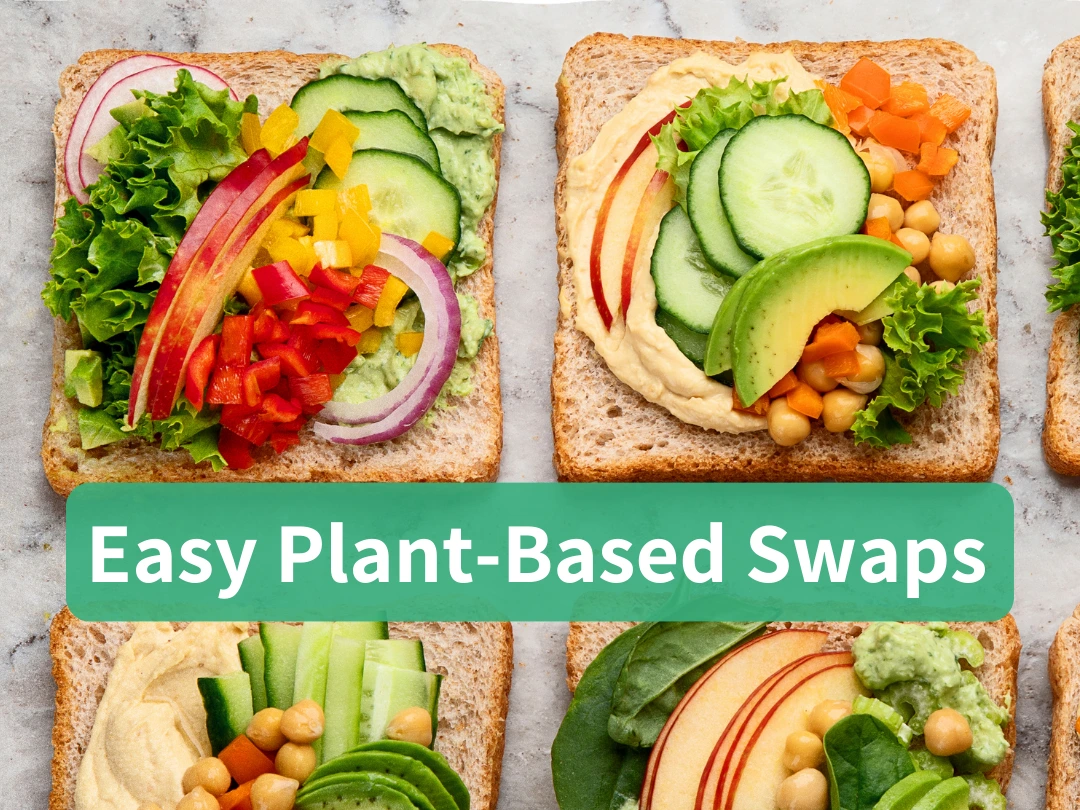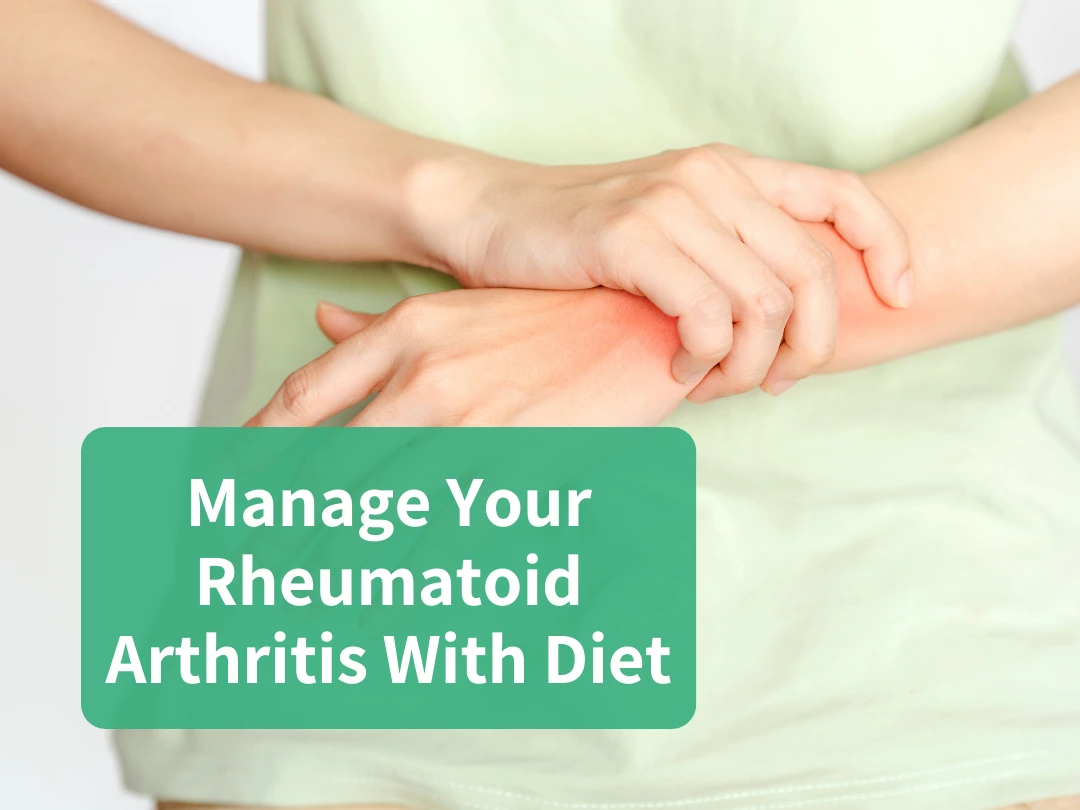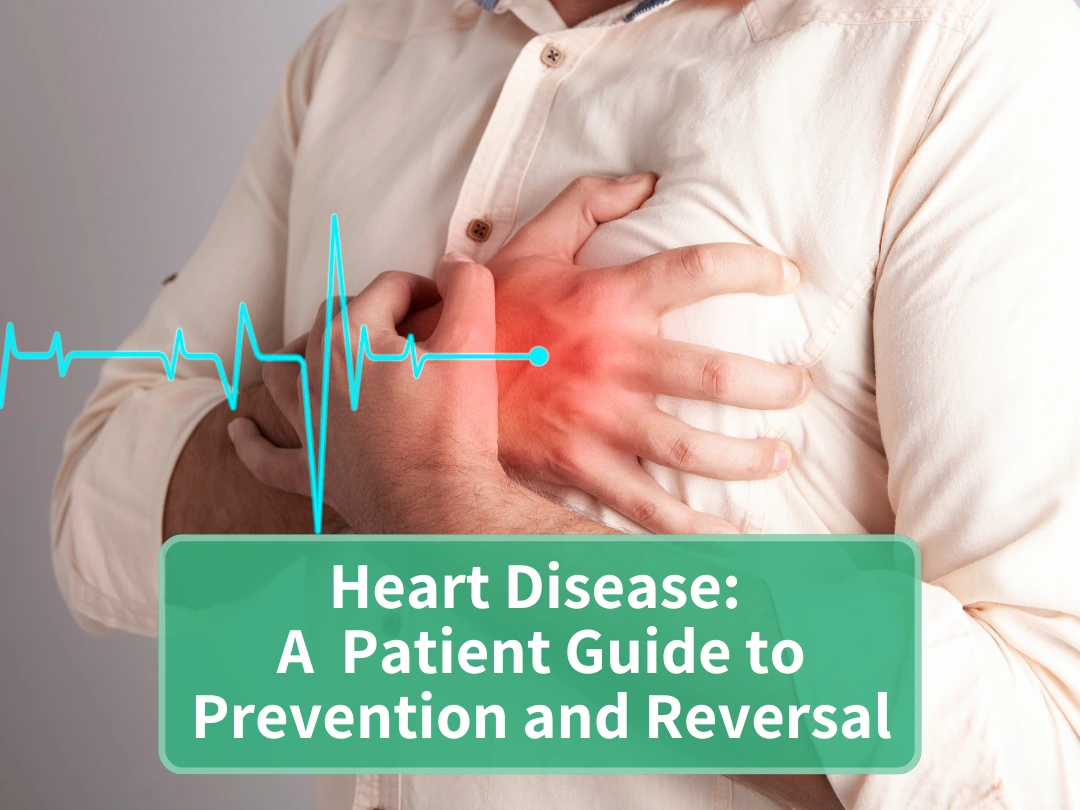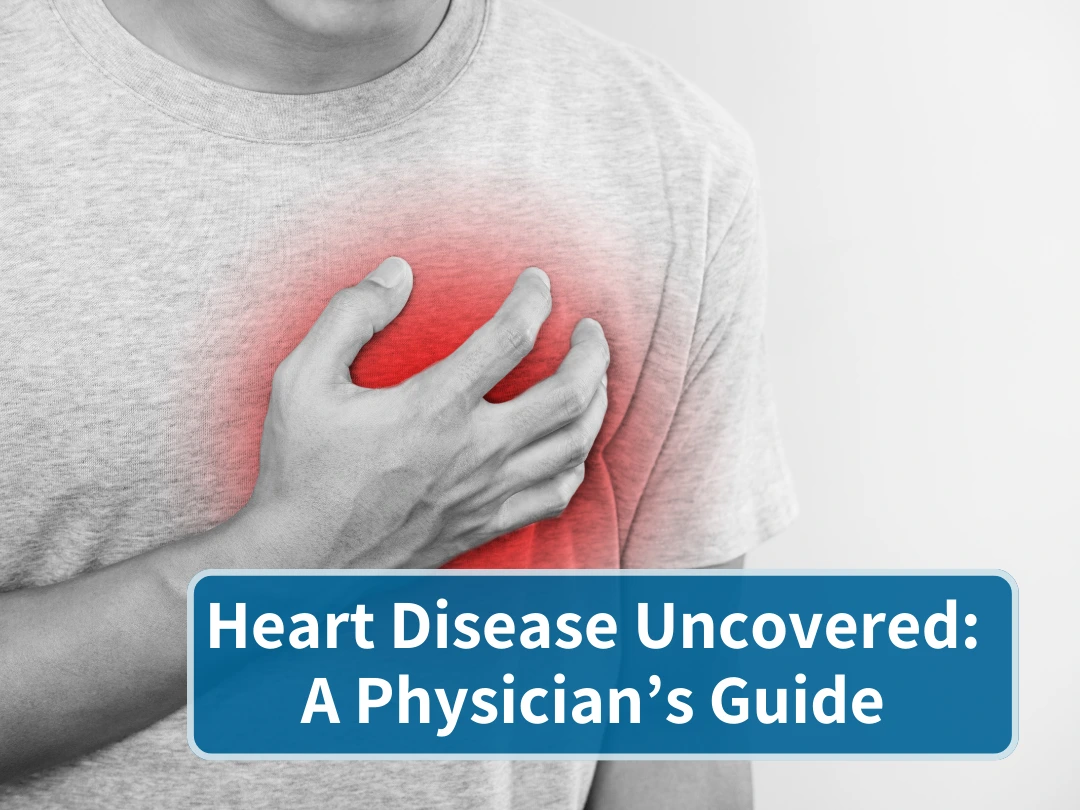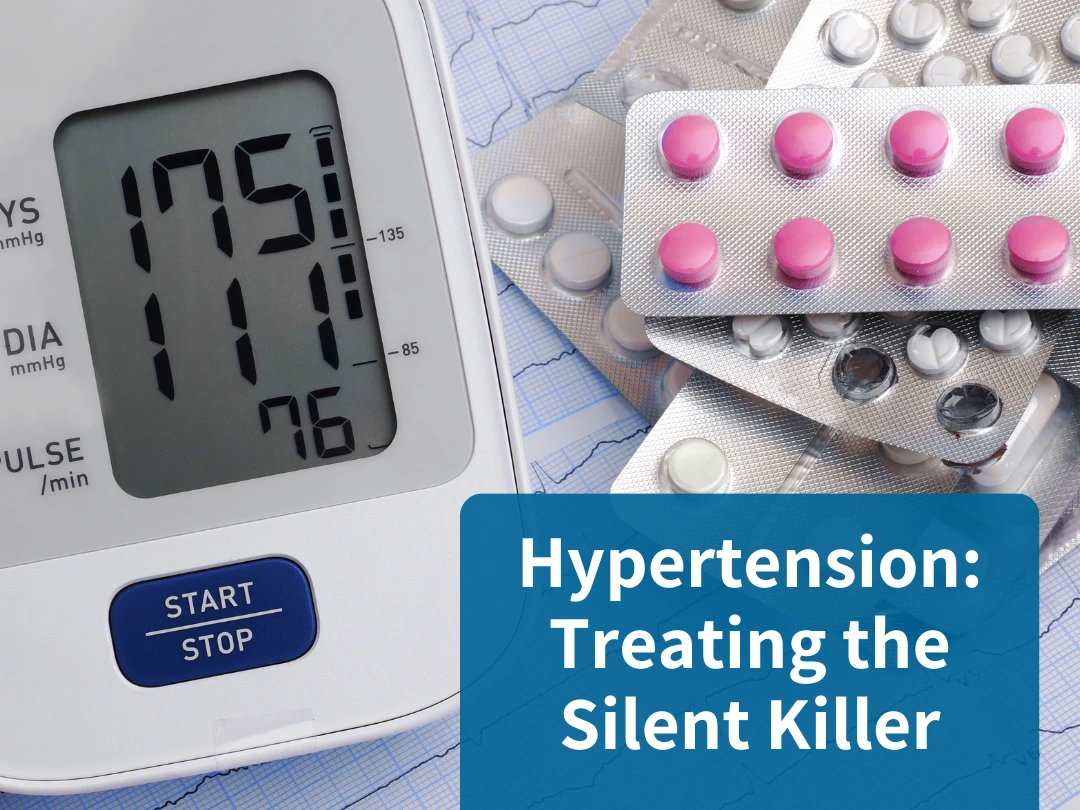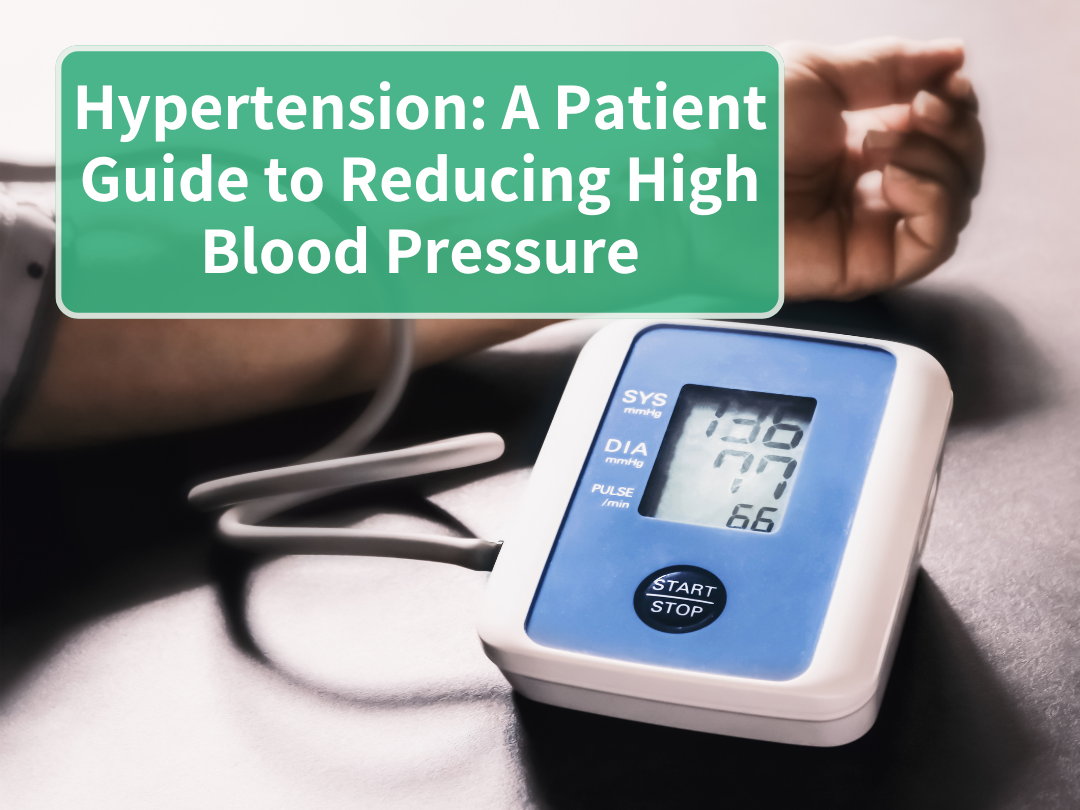
Tackling Obesity: A Guide For Patient Success
By Terri Chrisman M.Nutr, Dip.ACLM from the PAN Academy – our online learning platform where you can learn all about nutrition and health.
The world is overweight
We spend over 250 billion US dollars per year on diet books, pills and potions, yet, as a species, humans are getting fatter and fatter.
In this article, we are going to dispel the myths surrounding weight gain and weight loss. We will show you a simple strategy that will help you shed excess pounds and keep them off for the rest of your life.
Being overweight or obese is measured by body mass index or BMI. BMI is a population measure of fatness and is used to determine the risk of non-communicable diseases such as diabetes, heart disease, and some cancers (2).
But it’s not perfect. BMI does not consider muscle mass. Sometimes fit and muscular people have a high BMI due to the bulk of their muscle mass. Compared to a sedentary person with an unhealthy lifestyle, a fit person would be less at risk of disease.
How did we get here?
It’s all those things and more.
Genetics do play a part in a person’s susceptibility towards obesity. Some people are more at risk of developing obesity than others, but that does not mean that they are destined to struggle with their weight. The fat mass and obesity-associated gene (FTO) is one of many genes that, when activated, can make you more susceptible to becoming obese. But just because you carry the gene, does not mean you are fated to an obese future.
Epigenetics is the study of how genes interact with the environment. What this means is, if you carry the FTO gene, for example, but you live a healthy, active lifestyle, the gene may not express itself, and you will remain slim. But if you are sedentary or have a poor diet, you will be even more susceptible to obesity than someone with the same lifestyle but without the gene.
In a nutshell, you can override your family’s ‘fat genes’ by taking control of your health. There are many other reasons why we put on excess weight. Some of them are out of our control.
- Low socio-economic status is positively correlated with obesity. If you are unemployed, less educated, from a minority population or a financially insecure woman, you have a greater risk of being obese (3).
- Food companies intentionally create addictive foods. The ‘bliss point’ is when a food has a precise combination of sugar, fat and salt to fire up the dopamine (feel-good hormone) receptors in the brain. This is why you can’t eat just one potato chip.
- Restaurants serve food high in fat, salt and sugar to keep you coming back. Unhealthy food tastes delicious!
The malnutrition paradox
Ultra-processed and fast food usually has lots of macronutrients but is often lacking in micronutrients. Eating processed and fast food can cause the body to crave more food – leading to excess calorie intake and further fat storage.
What is the secret to effortless weight loss?
But how do we do that? The answer is simpler than you may expect.
Studies have shown that a whole food plant-based diet is more effective at weight loss than standard care practices. For example, researchers put one group of people on a low-fat vegan diet and another group on the American Diabetes Association (ADA) diet. Over a 22-week period, those on the vegan diet lost twice as much weight as those on the ADA diet (5).
In addition, the Adventist Health Study-2 of over 60,000 people found that vegetarians are about 30 pounds lighter than non-vegetarians of the same age and height (6).
Why is this so? It all comes down to calorie density.
In 1983, scientists put this theory to the test. They had study participants eat as much low-calorie dense food as they wanted. Other participants ate as much high-calorie dense food as they wanted. Those who ate the low-density diet ate half as many calories (1500 calories per day) as those who ate the high-calorie diet (3000 calories per day), even though both groups ate the same volume of food (7). It is easy to see which diet would facilitate weight loss.
An added benefit is that low-calorie dense whole plant foods are high in micronutrients, such as antioxidants, water, and fibre – all of which are calorie-free.
How can this work for me?
Some people can change their eating habits overnight. For others, change is achieved in incremental steps. However you choose to change, adding more plant foods to your diet is a step in the right direction.
The image below gives examples of foods that have low-calorie densities and foods with high-calorie densities.
Notice how the foods with low-calorie densities are all whole plant foods and the foods with high-calorie densities are processed foods, fast foods and animal products.
If you or a loved one are trying to lose weight, please be kind to yourself. You will not always get it right. You may slip up and eat unhealthy food. That’s OK. It’s all a part of lasting change.
Don’t dwell on the mishaps. Focus more on all the healthy changes you are making each day. To get started, we have provided you with some tips on how you can improve the quality of your diet and improve your health for good.
Practical tips for you
- Write a list of all the plant foods you already like. You may be surprised at how long the list is.
- Add a new plant to the list every week. Explore new foods. Some you will like, others, not so much.
- Write a list of all your favourite meals and then find ways to ‘plantify’ them. For example: swap out the beef for lentils in spaghetti bolognese.
- Keep fresh fruit and chopped vegetables in easy reach for quick snacks on the go.
- Bake, steam, grill or air-fry instead of using oil. Oil is the highest calorie-density food.
- Don’t give up. Every unprocessed plant food you eat is improving your health.
Quiz questions
Good luck!
Further information
For more information on this topic, download the Obesity and Diet factsheet for patients.
For the definitions of important terms, go to the PAN Glossary.

Making better physicians
Ready to improve your nutrition knowledge?
Sign up for the PAN Academy and take our free online courses on nutrition science.
Mini Modules on Diet-Related Diseases
This series of short modules addresses common diet-related diseases such as heart disease, hypertension and type 2 diabetes. Learn the causes and which patients are at risk, and find out practical solutions to managing these diseases through whole food, plant-based eating.



Making better physicians
Ready to improve your nutrition knowledge?
Sign up to the PAN Academy and take our free online courses on nutrition science.
Mini Modules on Diet-Related Diseases
This series of short modules addresses common diet-related diseases such as heart disease, hypertension and type 2 diabetes. Learn the causes and which patients are at risk, and find out practical solutions to managing these diseases through whole food, plant-based eating.
References List:
- World Obesity Federation, 2022. World Obesity Atlas 2022. Available from: https://www.worldobesity.org/resources/resource-library/world-obesity-atlas-2022
- World Health Organization, 2023. Health service delivery framework for prevention and management of obesity. Available from: https://www.who.int/publications-detail-redirect/9789240073234
- Diamantis et al., 2022. Prevalence and Socioeconomic Correlates of Adult Obesity in Europe: The Feel4Diabetes Study. Available from: https://www.mdpi.com/1660-4601/19/19/12572
- Raposeiras et al., 2020. Prevalence and Prognostic Significance of Malnutrition in Patients With Acute Coronary Syndrome. Available from: https://www.jacc.org/doi/10.1016/j.jacc.2020.06.058
- Barnard et al., 2006. A Low-Fat Vegan Diet Improves Glycemic Control and Cardiovascular Risk Factors in a Randomized Clinical Trial in Individuals With Type 2 Diabetes. Available from: https://doi.org/10.2337/dc06-0606
- Tonstad et al., 2009. Type of Vegetarian Diet, Body Weight, and Prevalence of Type 2 Diabetes. Available from: https://www.ncbi.nlm.nih.gov/pmc/articles/PMC2671114/
- Duncan et al., 1983. The effects of high and low energy density diets on satiety, energy intake, and eating time of obese and nonobese subjects. Available from: https://ajcn.nutrition.org/article/S0002-9165(23)15614-0/fulltext


Author
Terri Chrisman M.Nutr, Dip.ACLM
Terri Chrisman M.Nutr, Dip.ACLM is a Medical Content Creator at PAN and part of the online education team responsible for the PAN Academy. She is an Australian citizen living in the USA who has travelled and lived all around the world. She is a qualified nutritionist and certified in lifestyle medicine, and is vastly experienced in creating educational content on the topics of nutrition, health and sports.
Recent posts
Alzheimer’s Disease: Decode the Complex Puzzle
Alzheimer’s is a complex puzzle. Learn about genetic factors and how recommending a whole food, plant-based diet can elevate patient care.
A Patient Guide to Outsmarting Alzheimer’s Disease
Learn how dietary choices impact Alzheimer’s risk. Discover measures that can slow progression and reduce its effects.
Easy Plant-Based Swaps
Make your transition to a whole food, plant-based diet stick. Explore delicious and easy plant-based swaps to add more plants to your plate.
Manage Your Rheumatoid Arthritis With Diet
Manage rheumatoid arthritis naturally with a plant-based diet. Reduce inflammation, ease joint pain, and improve your overall health.
Rheumatoid Arthritis and Diet: A Physician’s Guide
Rheumatoid Arthritis and Diet: A Physician’s GuideBy Carlijn Wagenaar, MD and Wendy Walrabenstein, RD from PAN The...
Heart Disease: A Patient Guide to Prevention and Reversal
Discover how to prevent and reverse heart disease. Learn about the advantages of lifestyle changes with a whole food plant-based diet.
Heart Disease Uncovered: A Physician’s Guide
Uncover the secrets to prevent and reverse heart disease. Learn how a whole food plant-based diet can help patients lead a heart-healthy life.
Treating the Silent Killer: Hypertension Insights and Solutions
Explore the power of plant-based diets in managing hypertension. Empower your patients to take control of their blood pressure readings.
Hypertension: A Patient Guide to Reducing High Blood Pressure
Is high blood pressure dangerous? What can you do to manage hypertension and reduce your risk of other related diseases?
Carbohydrates: A Complex or Simple Matter?
Are carbohydrates essential for our health? Do low-carb diets yield greater weight loss? What benefits do whole plant-based foods provide? Find out the answers to these questions and more in this blog post.


